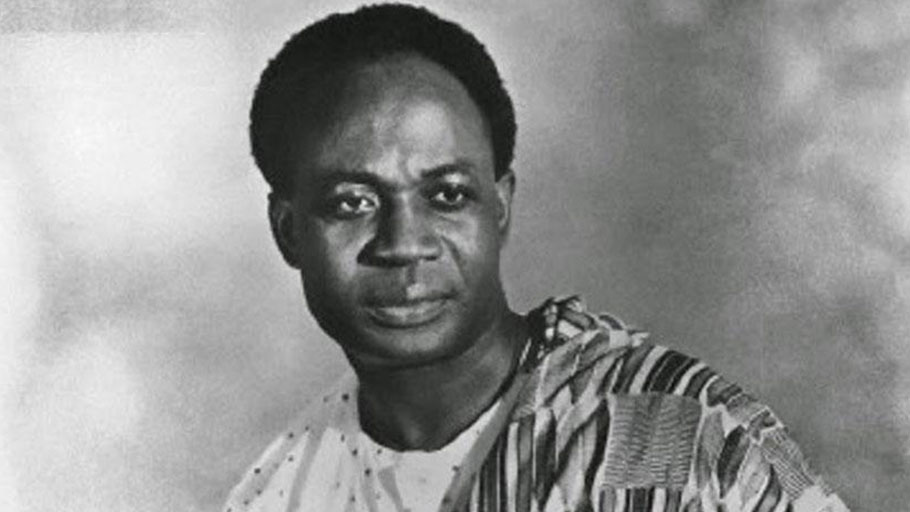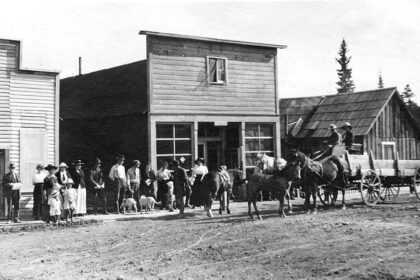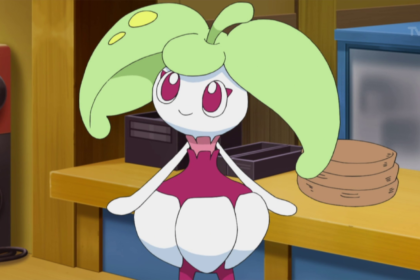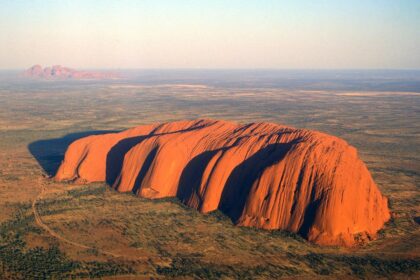Kwame Nkrumah was a Ghanaian politician and revolutionary. He was the first prime minister and president of Ghana, having led it to independence from Britain in 1957. An influential advocate of Pan-Africanism, Nkrumah was a founding member of the Organization of African Unity and winner of the Lenin Peace Prize in 1962. Take a look below for 30 more awesome and interesting facts about Kwame Nkrumah.
1. After 12 years abroad pursuing higher education, developing his political philosophy, and organizing with other diasporic pan-Africanists, Nkrumah returned to the Gold Coast to begin his political career as an advocate of national independence.
2. He formed the Convention People’s Party, which achieved rapid success through its unprecedented appeal to the common voter.
3. He became prime minister in 1952 and retained this position when Ghana declared independence from Britain in 1957.
4. In 1960, Ghanaians approved a new constitution and elected Nkrumah president.
5. His administration was both socialist and nationalist.
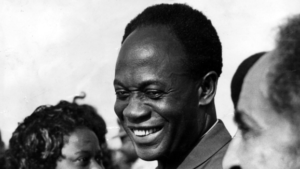
6. Under Nkrumah, Ghana played a leading role in African international relations during the decolonization period.
7. He was deposed in 1966 by the National Liberation Council which, under the supervision of international financial institutions, privatized many of the country’s state corporations.
8. Nkrumah lived the rest of his life in Guinea, of which he was named honorary co-president.
9. Nkrumah was born in Nkroful, Gold Coast, to Kofi Ngonloma and Elizabeth Nyanibah of the Anona Clan.
10. He studied in Achimota School in Accra and aspired to become a teacher.
11. He worked as a school teacher from 1930 to 1935 and taught at various schools on the Gold Coast, which also included a Roman Catholic school. During this time, he was saving money to be able to go to the United States and study.
12. In 1935, he sailed from the Gold Coast to London and applied for an American visa.
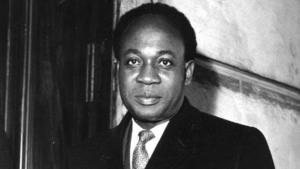
13. In 1935, he got admission in the Lincoln University of Pennsylvania.
14. He finished his Bachelor of Arts Degree, Sacred Theology degree and then earned his Master of Science degree from the University of Pennsylvania in 1942.
15. He went on to get another Masters degree in Philosophy the following year.
16. While he was studying at Lincoln University, he was elected President of the African Students Organization of the United States and Canada.
17. He was into theater and writing. One of his essays was published in The Lincolnian.
18. Nkrumah’s government initiated a program that was aimed at bridging the education gap between the country’s Southern and Northern communities.
19. His administration has proved to be one of the least corrupt that Ghana has ever seen, and most Ghanaians hold this belief to this very day.
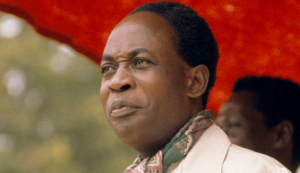
20. He was very vocal in his campaign against graft, and made constant cabinet reshuffles. He went on to suitably alter the ruling party’s structure to eliminate corruption.
21. Nkrumah embraced Soviet ideas and often regarded himself as Africa’s answer to Lenin.
22. He embraced education, and worked his way through his tertiary education at his alma mater.
23. He was once a preacher.
24. He stumbled on the ideas of radical Marcus Garvey in 1943, right about the same time he initiated a long correspondence with Trinidad’s Marxist, C.L.R. James.
25. His close association with radical idealism attracted the attention of the FBI, and he was, consequently, placed under close surveillance for his remaining days in the United States.
26. In 1948, Nkrumah was arrested along with other party members, after the police suspected the party’s involvement in the recent riots that spurred up in Accra and Kumasi.
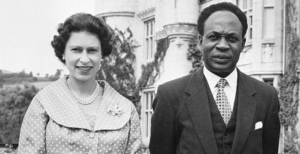
27. After he was released from prison, he started working vehemently towards the political and social betterment of the Gold Coast.
28. The revolt against the British governance led to the immediate arrest of Nkrumah in 1950, along with other members of the Convention People’s Party in 1950. He was sentenced to three years of jail time.
29. Nkrumah was released from jail in 1951 and was asked to form a government.
30. Nkrumah won the election for the position of Prime Minister of Ghana, in 1952, and the first thing that he requested was independence within the British Commonwealth. The request was approved.

